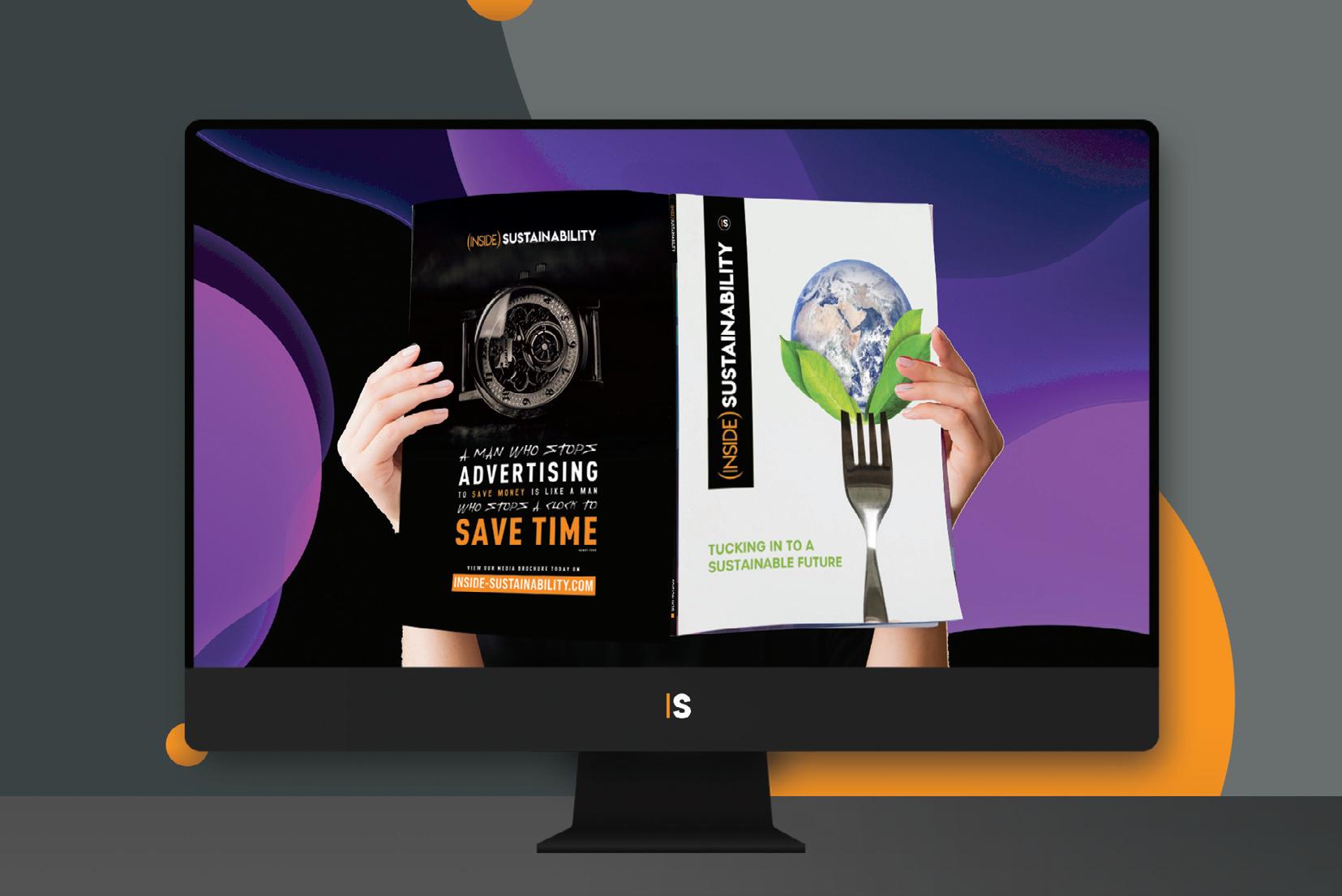
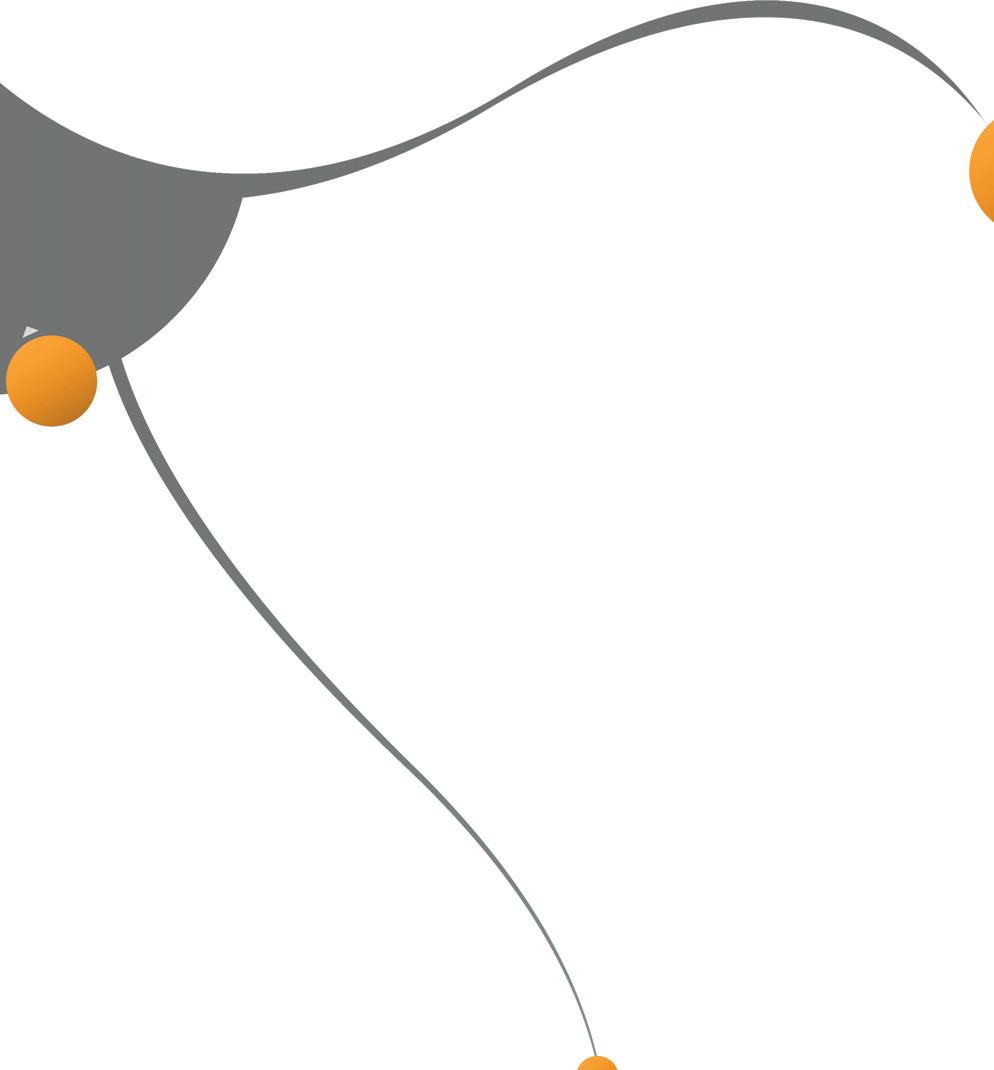







Showcase Interiors is an award-winning independent furniture dealer, providing consultancy, procurement and installation services to all market sectors and businesses of various shapes and sizes. Hannah Barnett spoke to Group Sustainability Specialist Harry Hill and Group CEO Nigel Boreham to learn more.
Since it was founded in 2007, Showcase has made its name delivering inspiring, design-led workspaces that transform the way businesses work. The company has always taken sustainability seriously – and for a furniture dealer, this largely involves working with the right suppliers.
“As part of a wider sustainability strategy, we’re putting the onus back into the supply chain,” said Harry Hill, Group Sustainability Specialist. “By stitching sustainability into all business activities, rather than trying to build
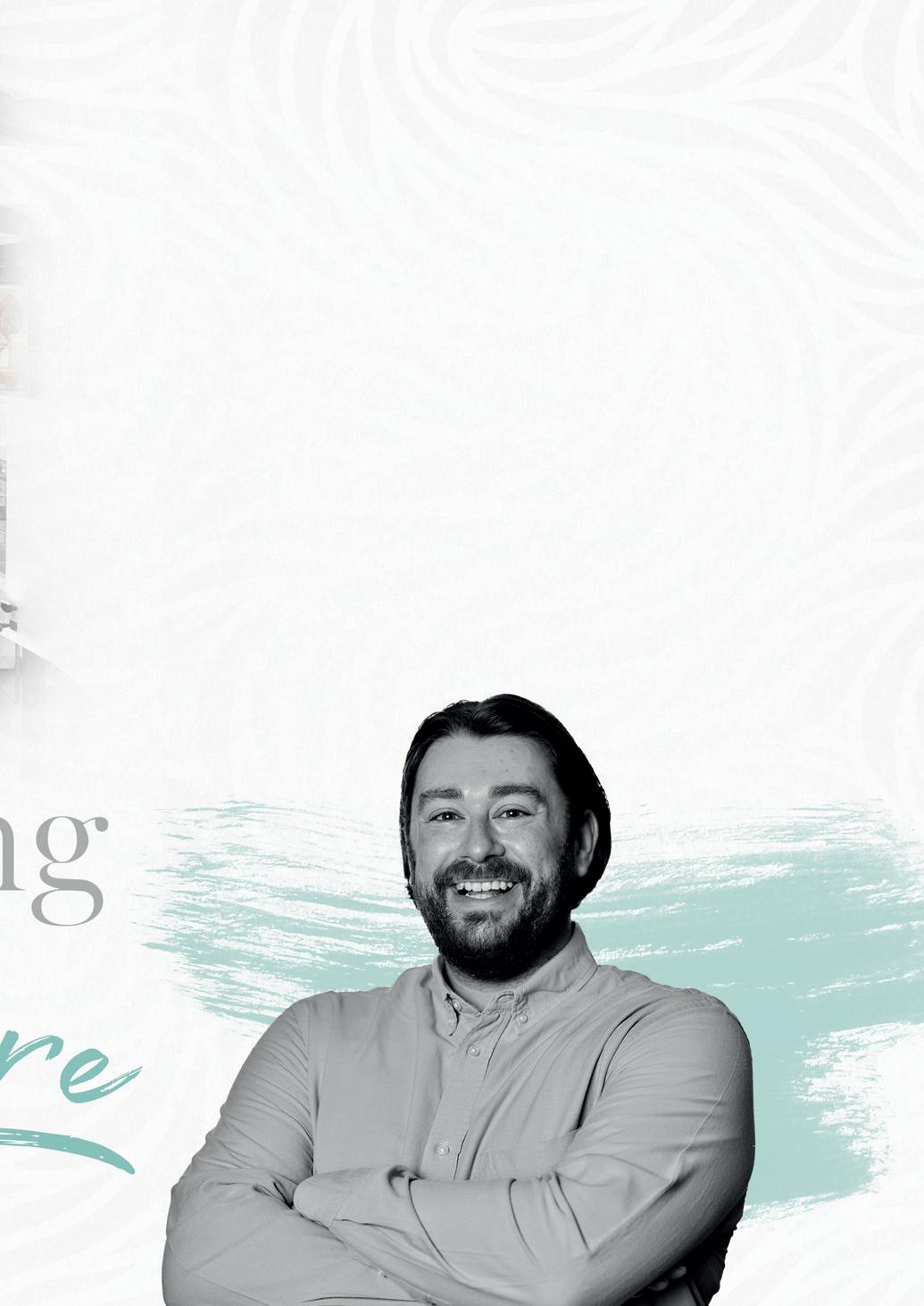
it from scratch as its own ‘pillar’, we’re setting the precedent for intrinsic working. We are slowly trickling sustainable ideas into the mix and incrementally raising the bar –taking the suppliers on the journey with us.”
A history of sustainability Showcase began operating in the niche luxury retail market, taking on projects for illustrious clients like Porsche and Mercedes Benz. In 2010, the company moved into the commercial sector and started dealing in higher volumes.
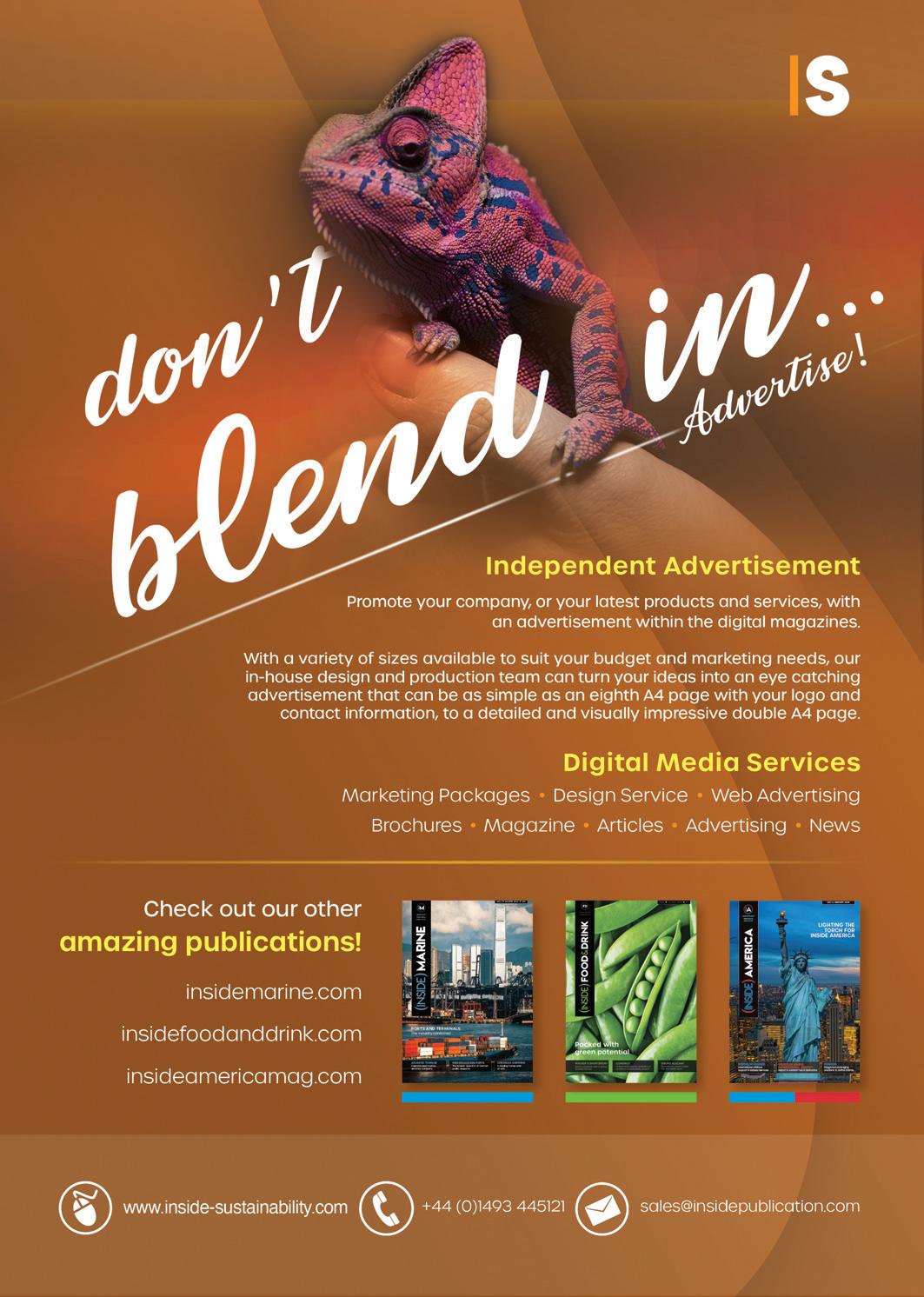

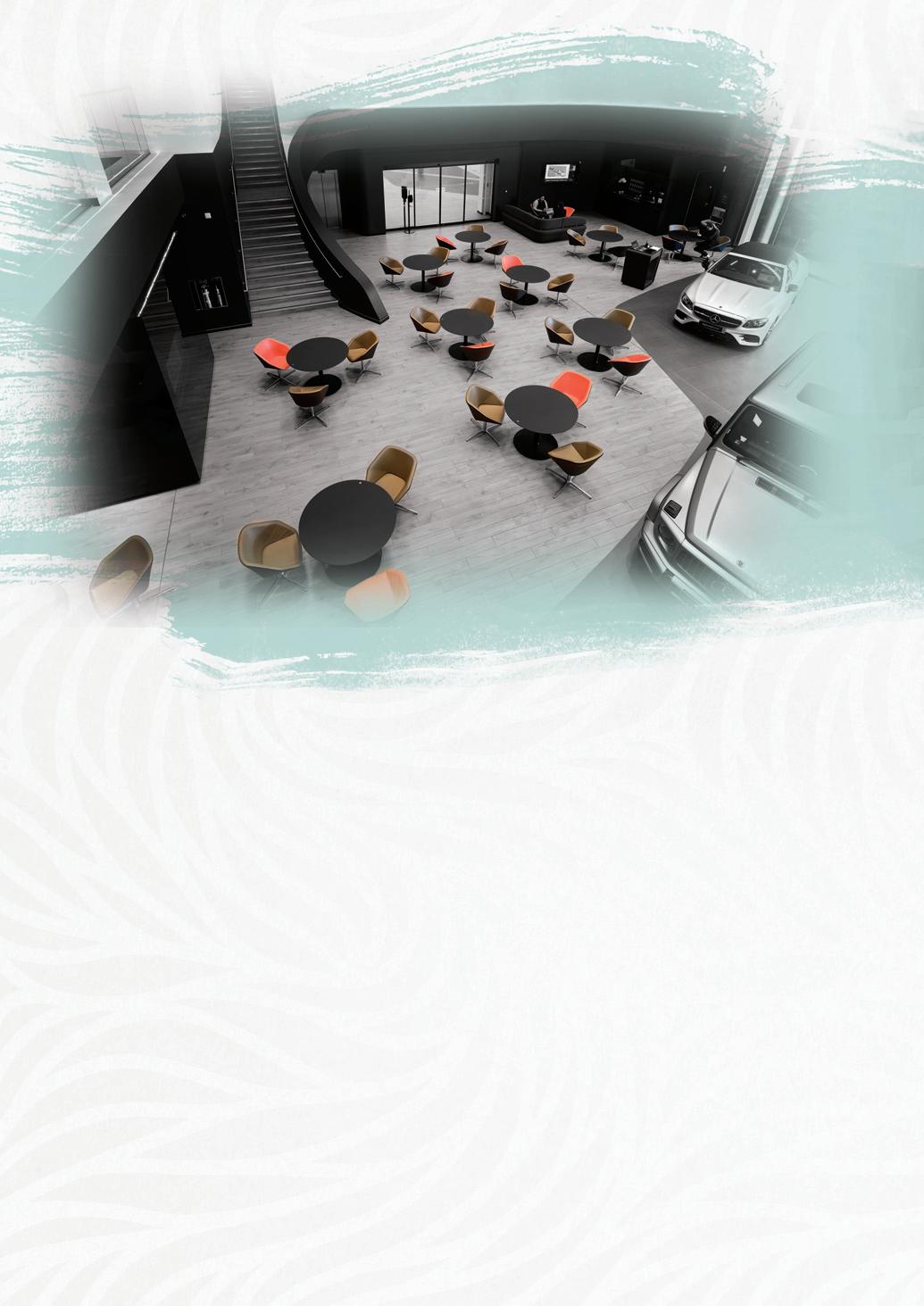
Certifications followed - ISO9001 first, then ISO14001 in 2013 - and this marked the start of the gradual transformation of the business.
“I started to think about where we could make a difference,” explained Group CEO Nigel Boreham. “We started to question whether suppliers were committed to using FSC timber and the equivalents. We began to use manufacturers that were ISO14001 certified, or better, themselves. Every year, we shifted the objectives up as we saw our supply chain becoming more aligned with us.”
Showcase’s turnover for the last financial year was around £60 million, large growth from £20 million in 2021. Among the company’s 145 employees, Mr Hill’s Group Sustainability Specialist position is a relatively new addition, demonstrating the company’s evolving commitment to sustainability.
In 2021, Showcase began working alongside noted accreditation body and consultancy Planet Mark. The company started to comprehensively measure across all scopes and, in 2022, became Carbon Neutral through offsetting. The next rung on the ladder will be a tangible move towards carbon net zero.
“Planet Mark gave us a starting point for our strategy,” Mr Hill explained. “But we must still be proactive. This means looking into issues as granular as where the tea and coffee comes from, up to the treatment of workers within the supply chain.
“Certifications can’t just be a logo on a website, they need to provide direction and hold meaning. There has been a lot of focus in the industry on B Corp, but we are waiting to see if the standards currently set by B Lab increase; you currently
achieve B Corp with just 40%. I, personally, do not feel that this is high enough for those holding B Corp to be considered an ‘industry leader’ in sustainability. If B Corp becomes an industry standard, then we will have to reassess.”
To ensure that the information Showcase is putting into the public realm is accurate and transparent, the company submits its granular data to inhouse analysts at Planet Mark.
“Having ISO14001 is no longer enough,” said Mr Boreham. “That’s why we’ve developed our carbon reduction plan. The big volume manufacturers that we work with have got every accreditation under the sun, which is great. But we’re also keen to work with smaller, innovative manufacturers who offer different solutions.”
For a service-driven business like Showcase, carbon impact from scopes
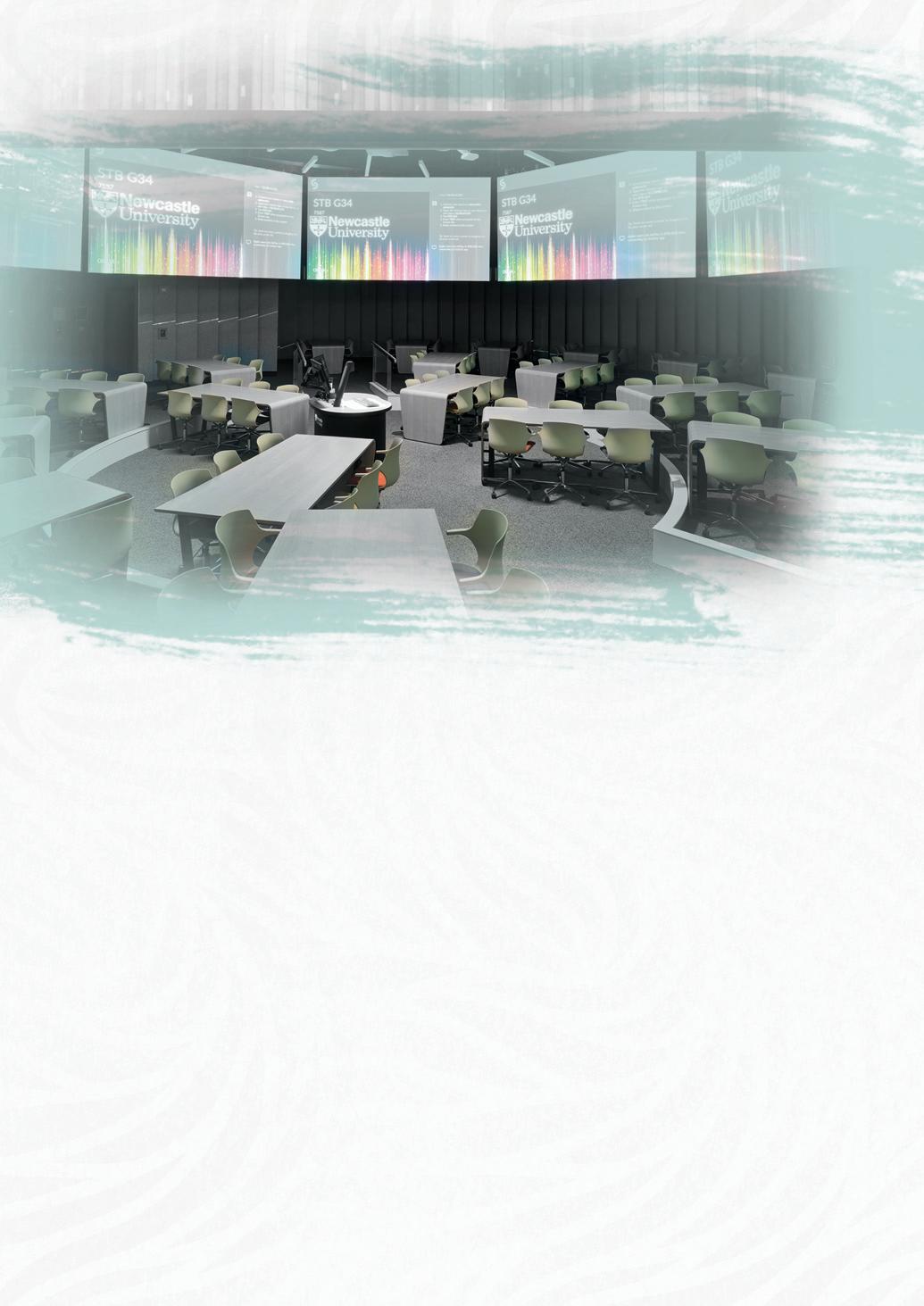
1 and 2 is limited, totalling around 5% of total emissions. Managing scope 3 emissions has therefore proven vital for the company.
“That’s the key take away of being a furniture dealer, compared to being a factory making the furniture,” Mr Hill reflected. “But it doesn’t mean that we haven’t got an influence on environmental impact. On the contrary, the work passes through us from our suppliers’ factories, then onwards to our clients.”
There have been real, sustainable changes both at Showcase and through the wider industry. “Planet Mark has helped us to get everybody thinking about impact,” said Mr Boreham. “We saw a seismic shift in perspective. The business will continue to invest in staff engagement on key
environmental topics, but we’ve also seen a massive change from a client point of view. Every project now has a much larger percentage target for reused items.
“In fact, we’re currently working on a project with a 90 per cent reused furniture target. That’s a truly ambitious goal, given that the client’s current offices and furniture are nearly 20 years old. So, that’s really testing our internal resources and creativity. But, although a percentage that high is uncommon, the intent no longer is.”
Showcase has also introduced a series of quarterly business reviews with some of its key strategic suppliers, working to achieve take back and refurbishment initiatives collaboratively.
“Part of our role is to help the manufacturers be accountable for
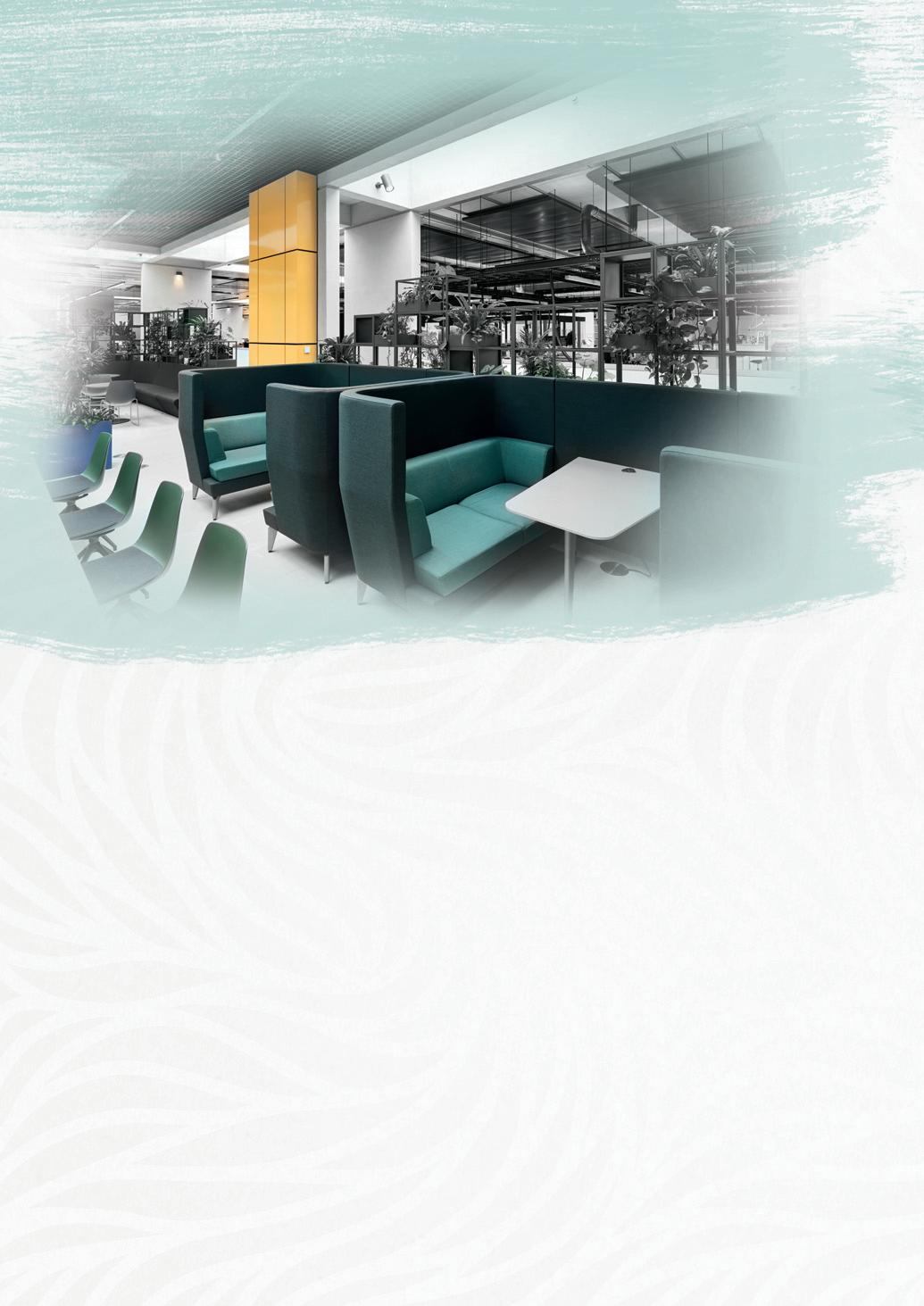
the products they bring to market,”
Mr Boreham explained. “Some of them have got their heads around it; they’ve worked out how to monetise circularity in their factories, and they’re aligned to that aspiration. Others just aren’t there yet.”
Several years ago, Showcase ran a project for law firm Freshfields that had an SKA Gold standard on the furniture used, meaning a very narrow selection process. The prequalifying questionaries sent to manufacturers had revealing results.
“250 prequalifying questionnaires went out to meet the SKA Gold standard,” Mr Hill explained, “and around 10 per cent hit the brief, which indicates where the industry was at in terms of sustainability.
“That said, most manufacturers have invested in a best-in-class product as part of the culture shift towards embracing more recycled and reused materials. The circularity aspects just need to be baked into more products from the beginning.”
The company is also developing a best-in-class league table, tentatively called The Green League. “What we’re doing is only on the surface, but it’s trying to look past the fog of greenwashing which is rife,” said Mr Hill. “Not just in this industry, it’s rife everywhere.”
While the sustainable frontier of the furniture dealing business remains broad, Showcase is seizing the advantage of the relative lack of targets or legislation in the field.
“It doesn’t give us much to aim for, but it allows us to be creative,”

explained Mr Hill “We achieved carbon neutrality via offsets, but from this year we will be trying to mirror our impacts from the offsets across as many UN SDGs as possible. The first year Showcase did this, we hit four goals. Last year, it was seven and this year, we’re on course to hit 11 or 12.”
For Mr Boreham, Showcase’s progress is testament to the values the company was originally founded on.
“My wife and I started the business as response to working for other people and becoming disillusioned by not being able to do the things we wanted to do,” he concluded. “Now, we have been able to grow and bring something different to our clients and it feels like we can influence change in our marketplace. It’s a really exciting place to be.”
n

